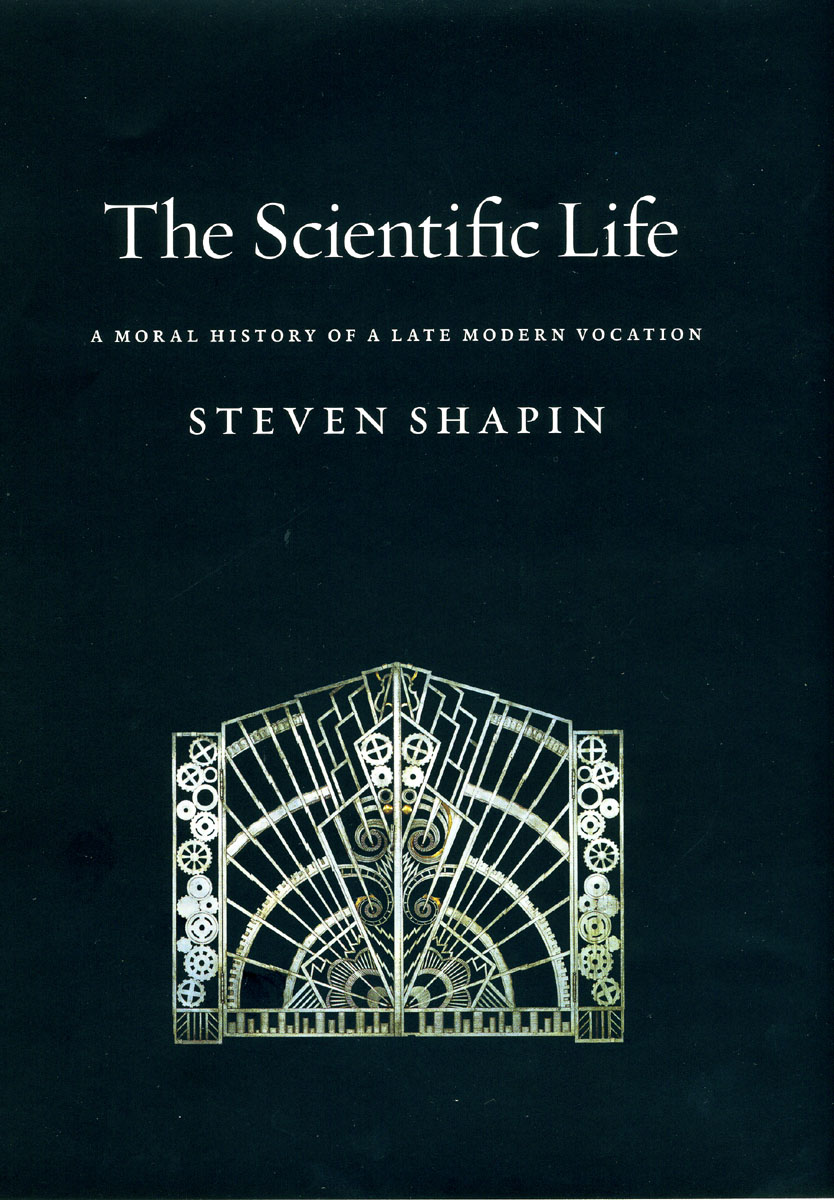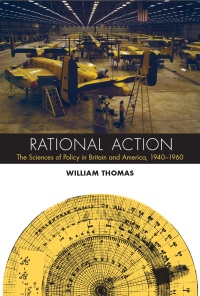Warren Weaver, Planned Science, and the Lessons of World War II, Pt. 1 May 31, 2014
Posted by Will Thomas in British Science-Society Critiques.Tags: Albert Einstein, David Hollinger, Dwight Eisenhower, Harley Kilgore, J. D. Bernal, J. G. Crowther, John Baker, Jon Agar, Michael Polanyi, N. I. Vavilov, Vannevar Bush, Waldemar Kaempffert, Warren Weaver
3 comments
Via Twitter, Audra Wolfe has called my attention to a passage in intellectual historian David Hollinger’s Science, Jews, and Secular Culture: Studies in Mid-Twentieth Century Intellectual History (1998), in which he discusses the debate over federal policy for the funding of scientific research in the immediate postwar period.
The specific issue at hand is a letter from the Director of Natural Sciences at the Rockefeller Foundation, Warren Weaver (1894-1978), to the New York Times, written at the end of August 1945, in which he argues against proponents of the strategic planning of scientific research who had criticized Vannever Bush’s Science: The Endless Frontier report.
According to Hollinger, Weaver argued in his letter that, during the war, (in Hollinger’s words):
the sciences had not been advanced by government coordination at all. The recently exploded atomic bomb was not a product of government science. Contrary to popular belief, the Organization for [sic, “Office of”] Scientific Research and Development was not a model for doing scientific research; what his office had done during the war was merely to coordinate the “practical application of basic scientific knowledge.”
The statement—particularly the bit about the atomic bomb—is extraordinary, in that it appears to reveal Weaver to be an ideologue for scientific freedom, willing to badly distort the record of activities of the OSRD and the Manhattan Project in order to advance his views. Hollinger’s claim has been repeated by Jon Agar in his Science in the 20th Century and Beyond (2012). However, the passage neither accurately reflects Weaver’s actual words, nor, more broadly, the terms of the postwar debate over the planning of science, the reality of “basic” or “pure” science, and the need for scientific freedom.
Schaffer on Gestural Knowledge and Philosophical Ideologies, and Their Historiographical Ramifications October 27, 2013
Posted by Will Thomas in Ideology of Science, Schaffer Oeuvre.Tags: Charles Dufay, Ephraim Chambers, Granville Wheler, Harry Collins, I. Bernard Cohen, James Joule, Marcel Mauss, Michael Polanyi, Michel Foucault, Otto Sibum, R. W. Home, Simon Schaffer, Stephen Gray, Stephen Pumfrey, Steven Shapin
add a comment
In “Experimenters’ Techniques, Dyers’ Hands, and the Electric Planetarium” (1997), Simon Schaffer makes a set of ambitious arguments concerning how 18th-century natural philosophy regarded knowledge that is dependent upon, and sometimes tacit within, manual labor. His entryway into this problem is the frequently ineffable manual skill required in early electrical experimentation, and the intriguing coincidence that two of the most prominent early 18th-century electrical experimenters, Stephen Gray (1666-1736) and Charles Dufay (1698-1739), were, respectively, a former Canterbury cloth dyer and overseer of the Gobelins dye works in Paris.
Primer: Leo Szilard June 11, 2009
Posted by Will Thomas in EWP Primer.Tags: Albert Einstein, Enrico Fermi, Frederick Lindemann, Jonas Salk, Leo Szilard, Max von Laue, Michael Polanyi, William Lanouette
1 comment so far

Photo Credit: Digital Photo Archive, Department of Energy (DOE), courtesy AIP Emilio Segre Visual Archives
I had another post planned for today, but got waylaid when, working on my physicist web project, I had to piece together the career of Leo Szilard. The idea behind the project is to gather skeletal information on physicists to help trace career paths, but this doesn’t work very well for Szilard, who was a sort of a physicist vagabond who seems to have cobbled his career together out of temporary and part-time positions, meager patent revenues, and a penchant for a modest existence. So, I’ve been spending my day immersed in journalist and policy analyst William Lanouette’s Genius in the Shadows: A Biography of Leo Szilard (1992), trying to sift out what I can. Since I’m learning more than enough for a post, I thought I’d just write something up on him while I was at it.
Szilard, the son of an engineer, was born Leo Spitz in Budapest, then part of the Austro-Hungarian Empire, in 1898. (His family changed their name in 1900.) Out of a sense of practicality, Szilard aimed to become an engineer himself, enrolling in the Technical Institute of Budapest, but was drafted into the army during World War I. After the war, political conditions became difficult for Szilard, on account of his Jewish heritage, and he moved from Hungary to Berlin to continue his education there, first at the Technical Institute and then the University. In Berlin, Szilard decided to indulge his intellect and study physics in an environment rich in the some of the greatest talent of his day, notably Max von Laue and Albert Einstein. Submitting a manuscript detailing a new conceptualization of thermodynamics that impressed both these men (and was decades later recognized as a contribution to the integration of thermodynamics and information theory), he was granted his doctorate in 1922.
The key characteristic of Szilard’s work and career was his restless and penetrating intellect, which accepted no boundaries and precious little institutional restraint, and drove him to travel constantly. He devoted his thinking to (more…)
Essay: Shapin and the Historiographic Life January 30, 2009
Posted by Will Thomas in EWP Book Club.Tags: J. D. Bernal, Michael Polanyi, Michel Foucault, Simon Schaffer, Steven Shapin
add a comment
 Today I would like to use Steven Shapin’s account of the history of ideas relating to the moral qualities of scientists—Chapters 2 and 3, “From Calling to Job: Nature, Truth, Method, and Vocation from the Seventeenth to the Nineteenth Centuries” and “The Moral Equivalence of the Scientist: A History of the Very Idea”, from The Scientific Life—to consider the difficulties committed historians may experience in using the insights of essayists in historiographically beneficial ways. I have previously suggested that Shapin is best understood as an essayist, someone who explores the consequences of possible interpretations of a topic.
Today I would like to use Steven Shapin’s account of the history of ideas relating to the moral qualities of scientists—Chapters 2 and 3, “From Calling to Job: Nature, Truth, Method, and Vocation from the Seventeenth to the Nineteenth Centuries” and “The Moral Equivalence of the Scientist: A History of the Very Idea”, from The Scientific Life—to consider the difficulties committed historians may experience in using the insights of essayists in historiographically beneficial ways. I have previously suggested that Shapin is best understood as an essayist, someone who explores the consequences of possible interpretations of a topic.
To call Shapin an essayist rather than a committed historian is not an accusation or a radical suggestion, but simply an exploration of the consequences of my own interpretation of Shapin’s stated comments concerning what he is doing (hence the title of this “essay”). Shapin begins the preface of The Scientific Life by observing that his earlier application of his studies of seventeenth-century natural philosophy to the present was taken by “some of my historian-friends” as “further proof that my commitment to the purity and particularity of history was wanting” (my emphasis). He responds: “They were right.” Here the committed historian might suppose Shapin intends to rectify past wrongs, but I believe this is a mistaken reading, which presumes that he recognizes historiographically virtuous readings to be the most valuable. The observant reader will note (more…)


